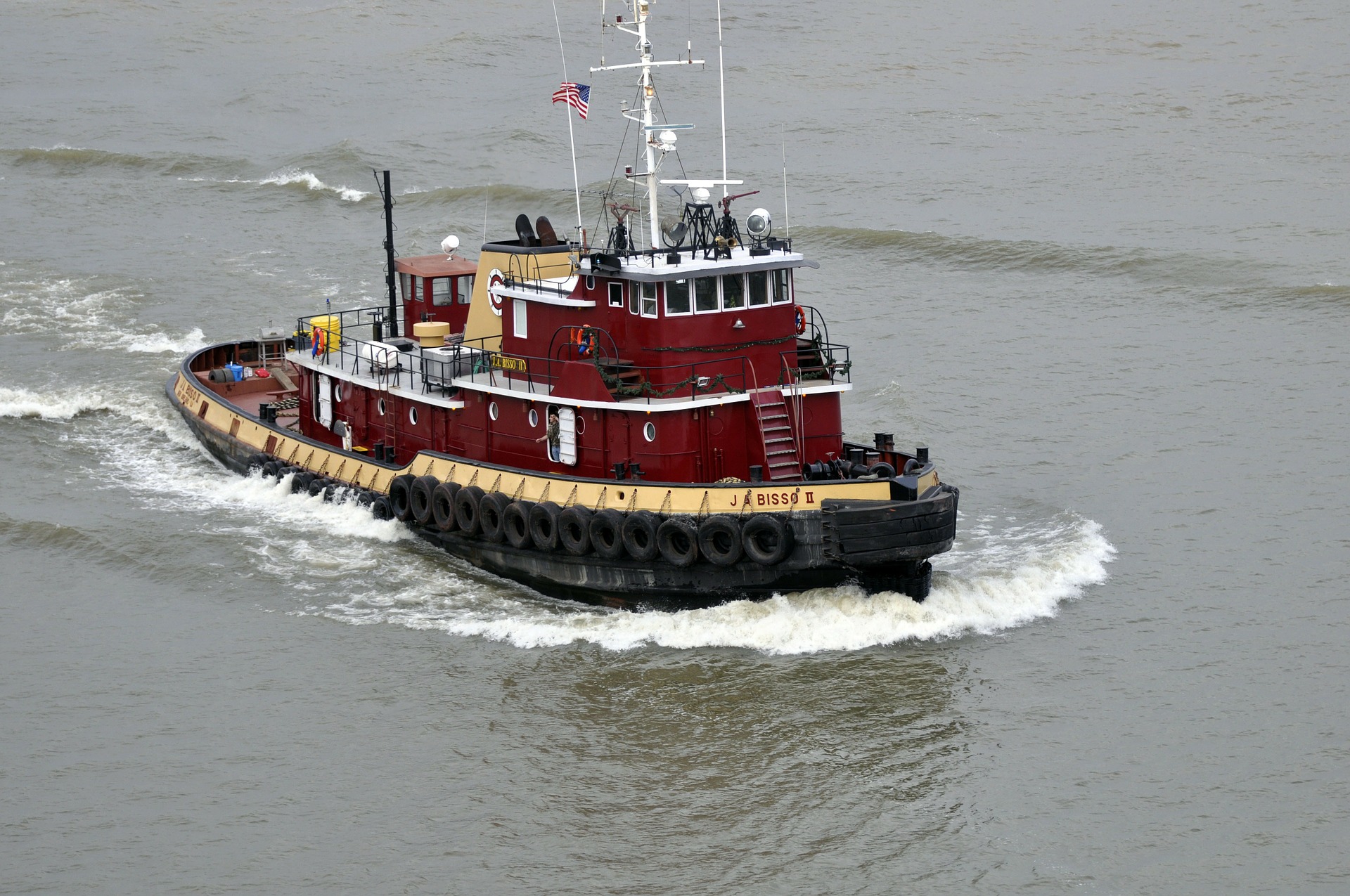 FCC rules require that licensees of ship and aircraft stations permit only persons holding the appropriate FCC-issued commercial operator license to perform specified transmitter operation, maintenance and repair duties. To obtain a new or upgraded FCC commercial operator license, you must pass an examination administered by NMEA and proctored by any of Captain Jack’s instructors.
FCC rules require that licensees of ship and aircraft stations permit only persons holding the appropriate FCC-issued commercial operator license to perform specified transmitter operation, maintenance and repair duties. To obtain a new or upgraded FCC commercial operator license, you must pass an examination administered by NMEA and proctored by any of Captain Jack’s instructors.
Who Needs a Marine Radio Operator Permit?
You need a Marine Radio Operator Permit (MROP) to operate, and/or to repair and maintain, specified ship and aircraft radio communication stations. The licensing requirements for operating such radio stations and the licensing requirements for repairing and maintaining such radio stations are discussed separately below. CAUTION: These listings only describe when a Marine Radio Operator Permit is necessary. A Marine Radio Operator Permit does not constitute or imply FCC authorization to transmit radio signals. Before you operate any radio station, make certain that the station is licensed as required by the FCC.
FCC Marine Radio Operator Permit
You need a Marine Radio Operator Permit to operate the following:
- Ship radio stations if:
- the vessel carries more than six passengers for hire; or
- the radio operates on medium frequencies (MF) or high frequencies (HF); or
- the ship sails to foreign ports; or
- the ship station transmits radiotelegraphy; or
- The ship is larger than 300 gross tons and is required by law to carry a radio station for safety purposes.
- Aircraft radio stations, except those which operate only on very high frequencies (VHF) and do not make foreign flights.
You do NOT need a Marine Radio Operator Permit to operate the following:
- Ship stations operating only on VHF frequencies that do not travel to foreign ports or make international communications (unless the vessel carries more than six passengers for hire, or the ship is larger than 300 gross tons and is required by law to carry a radio station for safety purposes).
- Shore radar, shore radiolocation, maritime support or shore radio navigation stations.
- Survival craft stations or EPIRBs.
- Ship radar stations, if (a) the radar frequency is determined by a non-tunable, pulse type magnetron or other fixed tune device, and (b) the radar is capable of being operated exclusively by external controls.
- Coast stations.
- Aircraft stations which operate only on VHF frequencies and do not make foreign flights.
- Aircraft radar sets, radio altimeters, transponders or other aircraft automatic radio navigation transmitters.
- ELTs or aviation survival craft stations used solely for survival purposes.
FCC Ship Radar Endorsement
To qualify for the Ship Radar Endorsement, an applicant must hold or be eligible for one of the following licenses:
- Marine Radio Operator Permit (MROP)
- General Radiotelephone Operator License (GROL)
- GMDSS Radio Maintainer’s License
- First Class Radiotelegraph Operator’s Certificate
- Second Class Radiotelegraph Operator’s Certificate
Purpose:
- The endorsement allows license holders to perform tasks related to ship radar equipment, including installation, servicing, and maintenance.
- It is not a standalone license but is valid when attached to one of the licenses specified above.
Examination:
- Candidates seeking the Ship Radar Endorsement must pass a written exam that covers specialized theory and practical knowledge related to ship radar equipment.
- The exam assesses understanding of installation procedures, servicing techniques, and proper maintenance practices.
Passing Criteria:
- To successfully obtain the endorsement, an examinee must correctly answer at least 38 out of 50 questions in the written examination.
The FCC Licensing fees include a student manual, sample FCC test questions with answer sheet, and proctoring/test out fee.
We will mail all course materials to you.
Call 908-285-4039 to schedule your test out
